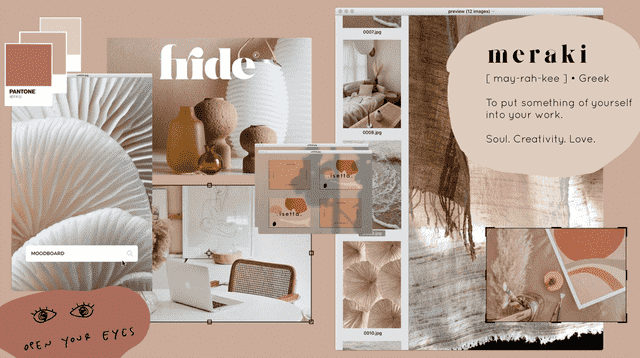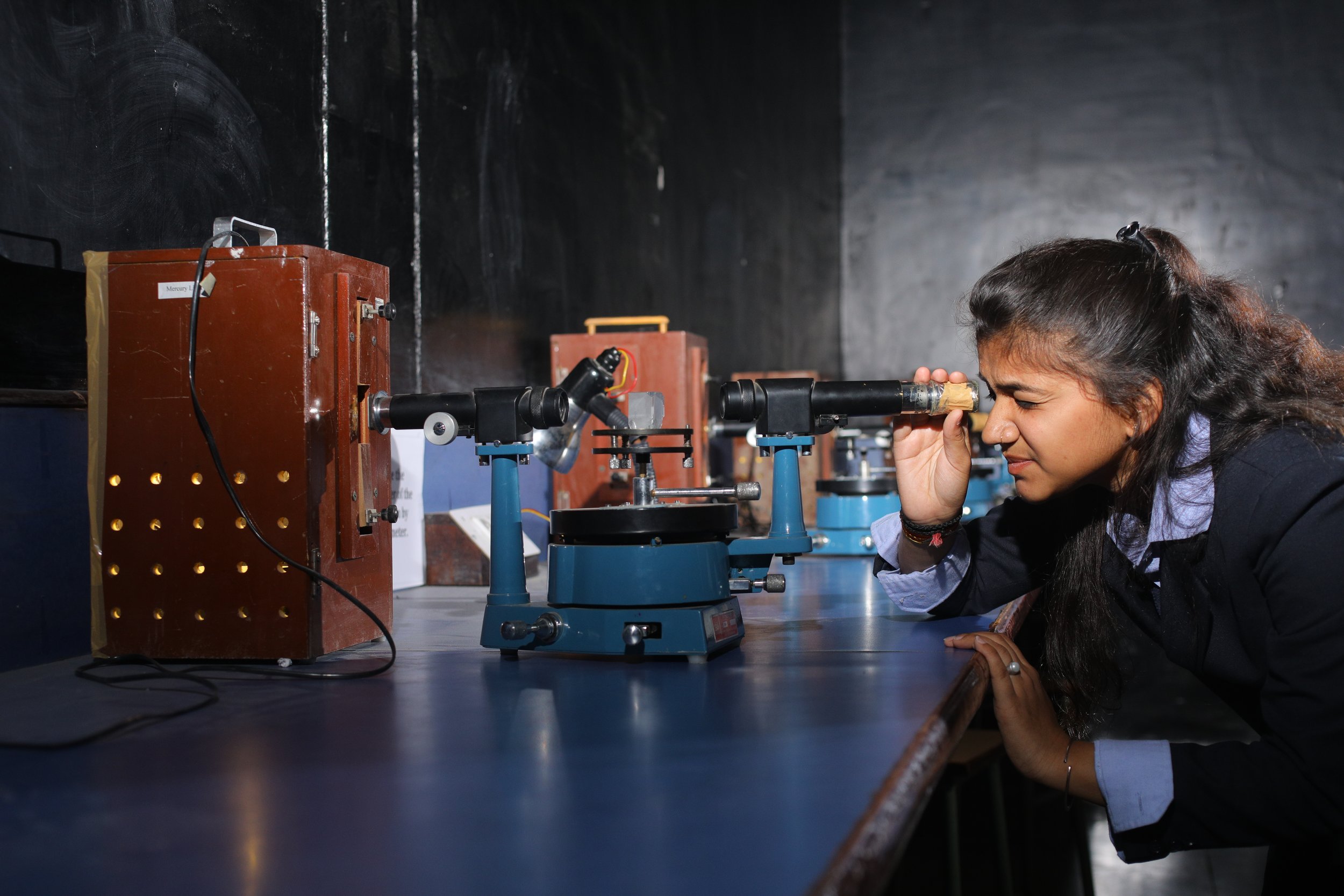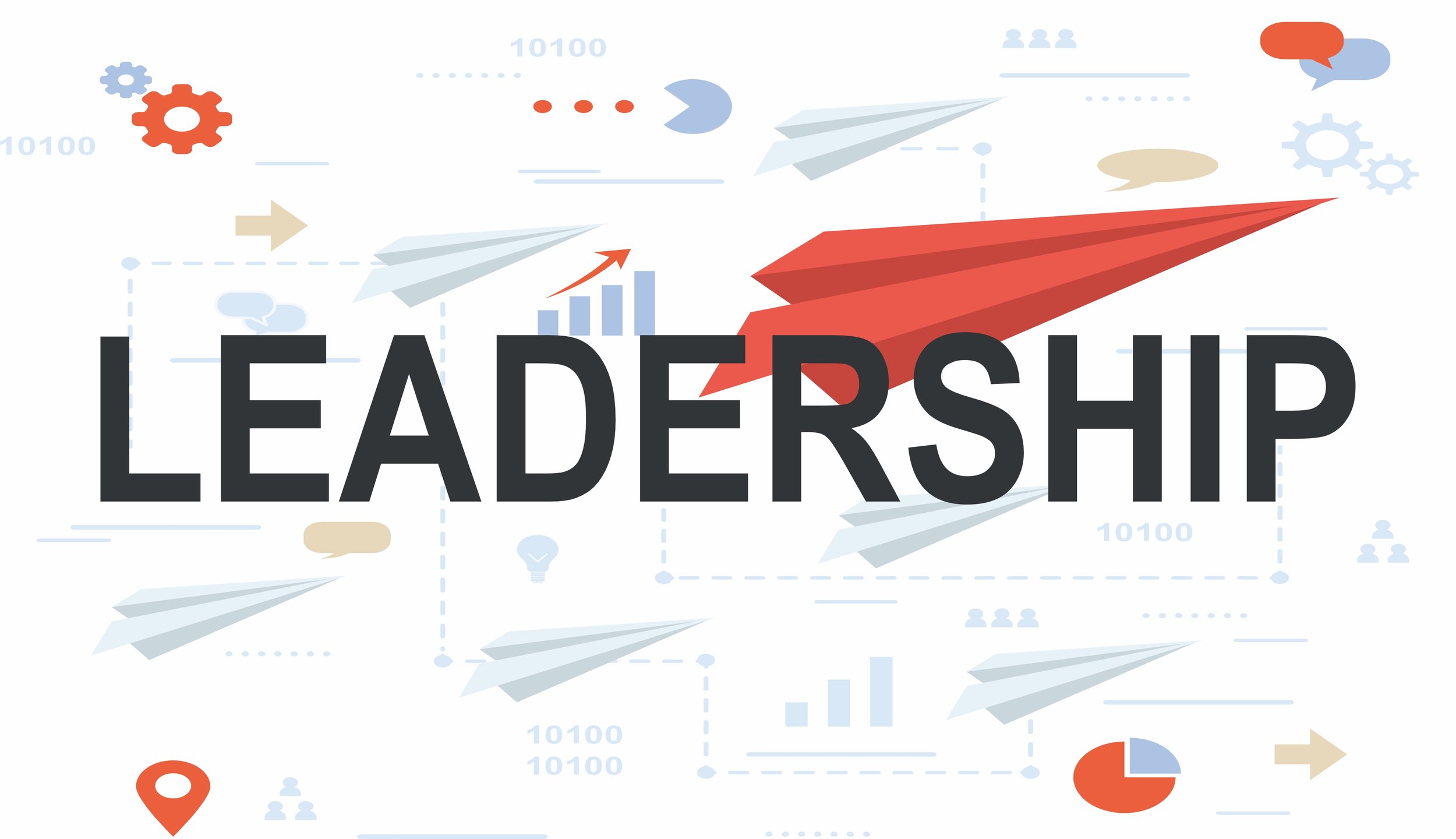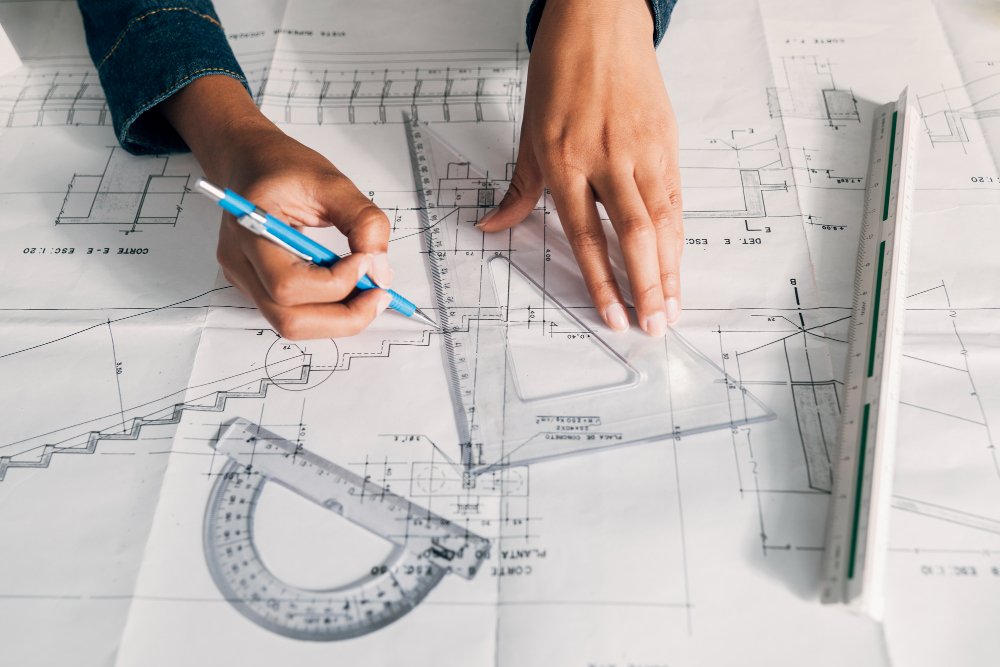What Do You Need: Digital Or Physical Mood Boards?
Mood boards are fun and important to get your ideas in place before you start working on something new. However, getting the right mood board for your project is also crucial to ensure your ideas are best translated to whoever you wish to convey them. Lucky for you, today, there is a boatload of options when it comes to mood boards to ensure you get the perfect board that suits your project the best. Both digital and physical boards have their advantages and disadvantages; to pick one among them, you must be very clear about your idea/concept. Once you have done that, you can follow the steps in this article to figure out which mood board is best suited to showcase your idea properly.
Reasons To Choose Physical Mood Boards
Touch
For many designers, regardless of the project, the ability to physically touch and craft a board for their ideas is critical. Physical boards allow you to dive deep into your creativity and physically manifest your idea creatively through craft. This is something invaluable for many artists.
Presentation
The purpose of digital and physical boards differ according to the project. If your entire team is located in the same building, a physical board is enough for you to design and showcase your idea. The presentation of your ideas on the physical board is always much closer to reality and practically achievable. This leads directly to the next point.
Scale
Physical mood boards are generally massive in size. When you have completed your idea on a physical board, you can comprehend and see the scale of your plan. When you are digitally designing your board, it’s challenging to comprehend the scale sometimes because you are limited by your screen sizes. This is one of the key reasons you can choose physical mood boards.
Practicality
When you are designing something digitally, with a world of resources and options available at your fingertips, it’s easy to get swept up by the possibilities. This leads to losing focus on the practicality or execution of your idea. This can be a significant problem once you start working on the project, primarily if your project is based in the physical world. Physical mood boards force you to design focused on practicality, which can be highly beneficial in the long run for your project.
Reasons To Choose Digital Mood Boards
Accessibility
The interesting thing about inspiration is that you never know where it is going to strike. You could be on a different continent on a holiday when it strikes or even in your sleep. The best thing about digital mood boards is they can be wherever you are. This helps you get your ideas on the board as soon as they strike, helping you create the best boards.
Collaboration
When you are working on a digital platform, you can always share your progress with your team members and allow them to access and edit the board from wherever they are in the world. This allows for effective collaboration that makes the work much easier for everyone.
Digital Resources
When you are designing your digital mood board, you will have access to digital resources such as audio and video, which will not be readily available for you to integrate on physical mood boards. This helps you articulate complicated concepts easily just by integrating audio and video elements that make it easier for viewers and collaborators to be on the same page as you.
Easily Changeable
When you are working on digital boards, any changes, major or minor, can be easily made. On physical boards of grand sizes, these changes would take considerable human effort. So, if your project requires a lot of changes, you should go for digital mood boards.
Conclusion
Now that you understand the reasons why you should choose the type of mood board for your project, you will see that they are built for varied purposes. Both these types of mood boards are great for expressing your ideas; the one you choose is much dependent on your personal preference if you want to learn about designing mood boards and their purpose. You can visit the Jodhpur Institute of Engineering and Technology, Jodhpur, Rajasthan campus.

























